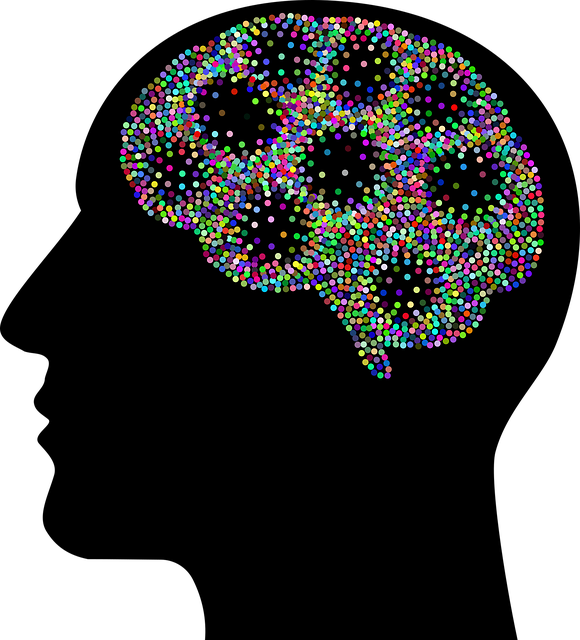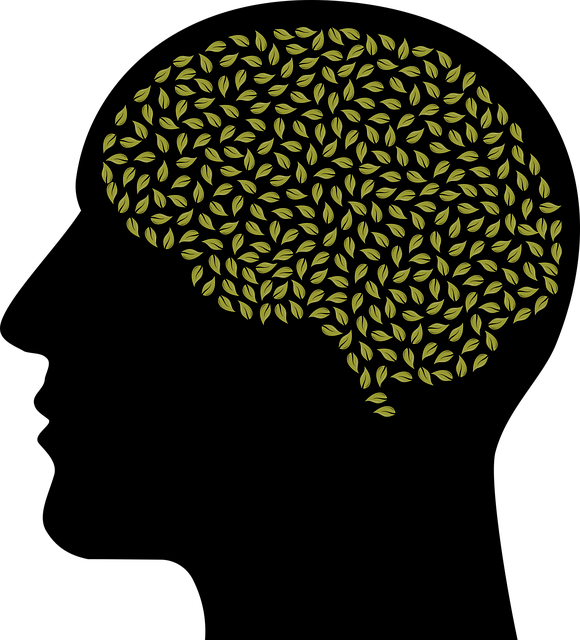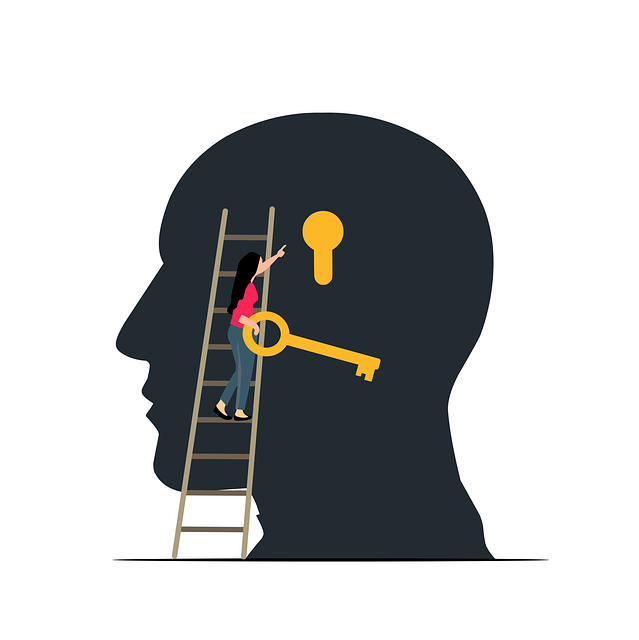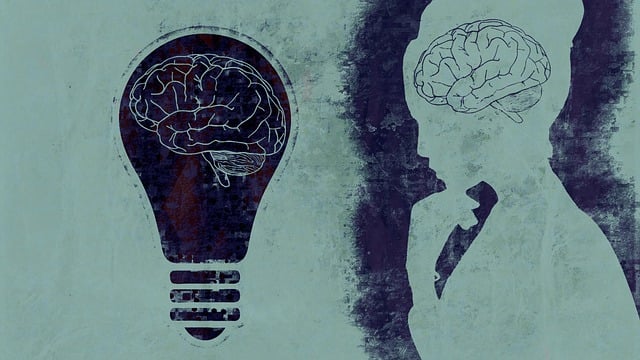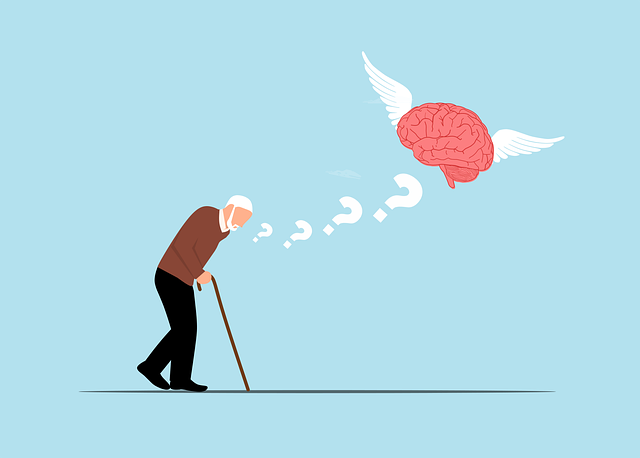Crisis intervention is crucial for young adults, addressing academic pressures and identity formation with innovative techniques like biofeedback. Mental health professionals enhance guidance through biofeedback, fostering resilience and empowering individuals to manage stress and anxiety. Effective interventions involve comprehensive risk assessments and tailored therapy sessions for both short-term crisis management and long-term mental well-being, emphasizing biofeedback integration for optimal results. Therapy for Young Adults Biofeedback is a powerful tool, teaching self-control over physiological responses and promoting emotional well-being, making it an effective complement to traditional treatments for anxiety and depression.
In today’s fast-paced world, young adults face unprecedented challenges that can escalate into crises. This article provides a comprehensive guide to crisis intervention strategies tailored for this demographic. We explore effective approaches such as biofeedback for stress management and delve into specific therapy techniques proven beneficial. Furthermore, we discuss long-term support systems crucial for recovery. By understanding crisis intervention, professionals and caregivers can better assist young adults in navigating these difficult times, fostering resilience, and promoting mental well-being through tailored therapy for young adults and biofeedback practices.
- Understanding Crisis Intervention for Young Adults
- The Role of Biofeedback in Stress Management
- Implementing Effective Therapy Techniques
- Long-term Support and Recovery Strategies
Understanding Crisis Intervention for Young Adults

Crisis intervention is a critical component of mental health support tailored specifically for young adults, a demographic often facing unique challenges such as academic pressures, identity formation, and transition into adulthood. For this age group, effective crisis intervention strategies go beyond traditional therapy to include innovative approaches like biofeedback, which helps individuals gain control over bodily responses associated with stress and anxiety. By integrating these techniques, mental health professionals can enhance their crisis intervention guidance, fostering resilience and coping mechanisms that empower young adults to navigate turbulent times.
Understanding the nuances of young adults’ experiences is paramount for implementing successful self-care practices. Professionals must conduct thorough risk assessments to identify potential hazards and develop targeted interventions. Through tailored therapy sessions incorporating biofeedback, professionals equip young adults with valuable skills to manage crises effectively while promoting long-term mental well-being.
The Role of Biofeedback in Stress Management

Biofeedback is a powerful therapy for young adults seeking effective stress management techniques. This non-invasive approach teaches individuals to gain control over their physiological responses, offering a unique advantage in promoting emotional well-being. Through biofeedback, young adults can learn to regulate heart rate, muscle tension, and breathing patterns, thereby reducing the detrimental effects of chronic stress. By understanding and managing these bodily reactions, they can enhance self-esteem and improve overall mental health.
As a complementary therapy, biofeedback complements traditional treatment methods, especially in addressing symptoms associated with anxiety and depression. It empowers individuals to take an active role in their mental illness stigma reduction efforts by providing them with tangible tools for self-regulation. By mastering emotional well-being promotion techniques, young adults can lead more balanced and fulfilling lives.
Implementing Effective Therapy Techniques

In the realm of crisis intervention, particularly when catering to young adults, therapists have an array of effective therapy techniques at their disposal. One powerful tool that has gained significant traction is biofeedback. This technique empowers individuals to gain control over certain bodily functions, fostering a sense of self-awareness and mastery over their emotional responses. By teaching young adults how to regulate their heart rate, muscle tension, and even skin temperature, biofeedback becomes a valuable asset in navigating stress, anxiety, and potential depressive episodes.
In light of the growing importance of burnout prevention strategies for healthcare providers, these therapeutic approaches can also serve as preventive measures. By incorporating biofeedback into treatment plans, therapists can aid young adults in developing healthier coping mechanisms, enhancing their resilience against Depression Prevention efforts. Moreover, encouraging positive thinking through these techniques can significantly contribute to overall well-being, ensuring that individuals cultivate a more optimistic mindset and better emotional regulation skills.
Long-term Support and Recovery Strategies

After an initial crisis intervention, focusing on long-term support and recovery strategies is crucial. For young adults, therapy plays a pivotal role in fostering resilience and encouraging personal growth. Cognitive Behavioral Therapy (CBT), for instance, equips individuals with coping mechanisms to manage stress and anxiety effectively. Additionally, therapy sessions provide a safe space to process emotions, promote self-awareness, and develop healthy decision-making skills.
Biofeedback, another powerful tool, teaches participants to gain control over bodily functions, thereby enhancing their ability to regulate stress responses. This technique has proven particularly beneficial for young adults struggling with mental health issues. Moreover, integrating these therapeutic approaches with regular stress management workshops within educational institutions or community centers can empower individuals to cultivate inner strength and build sustainable recovery strategies.
Crisis intervention plays a pivotal role in supporting young adults navigating stressful situations. By combining biofeedback techniques with diverse therapy approaches, professionals can offer comprehensive guidance for managing and overcoming crises. Integrating long-term recovery strategies ensures that young adults receive the necessary tools for sustained well-being. When it comes to therapy for young adults, this multi-faceted approach utilizing biofeedback proves effective in fostering resilience and promoting healthy coping mechanisms.




